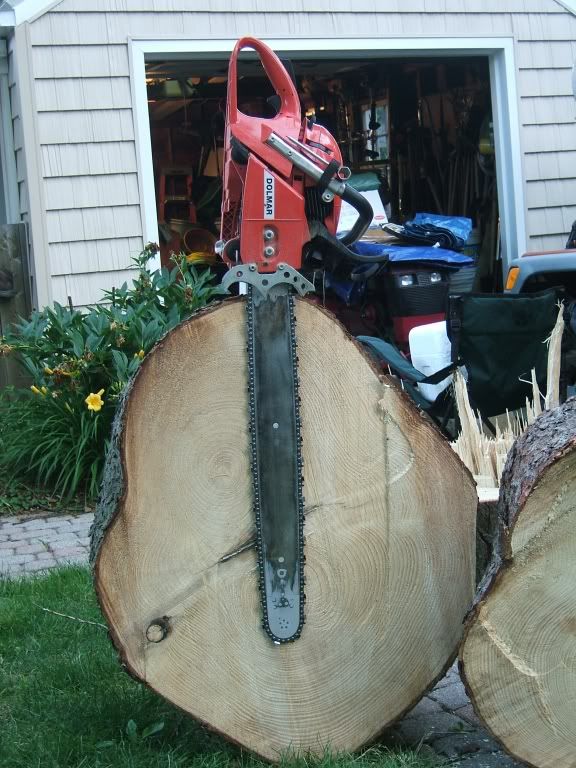ralawler
ArboristSite Operative
I don't know if this has been brought up before but I got to thinking about it.
Lets say you run a 70ccish saw like i do and a 20" bar. now it makes since that the longer the bar the more power it takes to pull the chain. Now heres my question, If you are running a 20 inch bar burred all the time wouldn't that be harder on the saw say than running a 28" bar that's not. being that the tip of the 28" is threw the cut and this should give better chip discharge and not be as binding on the chain.
Lets say you run a 70ccish saw like i do and a 20" bar. now it makes since that the longer the bar the more power it takes to pull the chain. Now heres my question, If you are running a 20 inch bar burred all the time wouldn't that be harder on the saw say than running a 28" bar that's not. being that the tip of the 28" is threw the cut and this should give better chip discharge and not be as binding on the chain.





